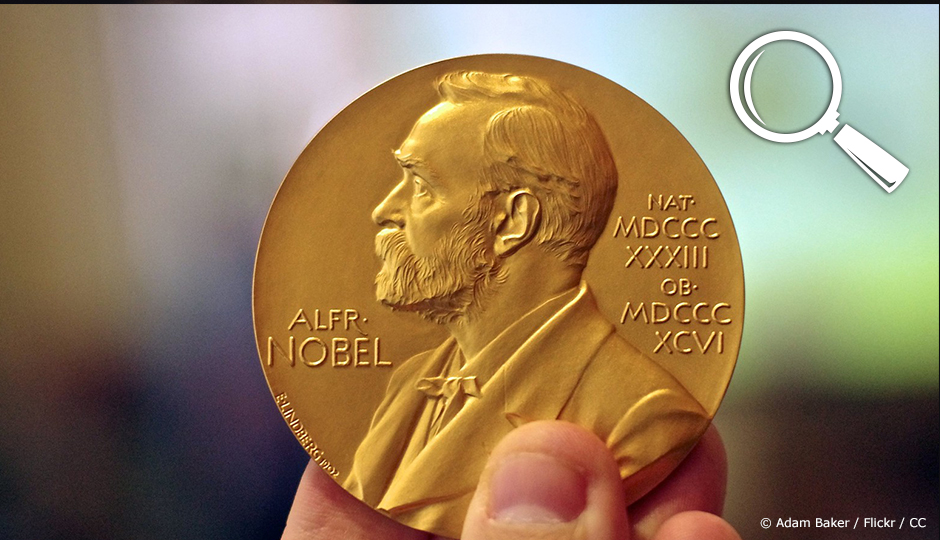Auteur : Agence Science Presse - Gabrielle Brassard-Lecours et Pascal Lapointe
Last week, French biologist Luc Montagnier made a claim about the new coronavirus. He didn’t base this hypothesis on any scientific data. But it attracted plenty of attention because it came from a Nobel Prize winner. As the Détecteurs de rumeurs reminds us, winning a prestigious award doesn’t mean your opinions automatically count.
On April 16, Montagnier told a French webradio interviewer that the coronavirus was suspiciously similar to the AIDS virus. He claimed this proved it was made in a lab. Montagnier based this view on an Indian study published three months ago. But he forgot or ignored that the study’s authors had retracted it. The Détecteurs de rumeurs had reported this retraction in February.
His statement was shared widely on social media. The people who spread it played up his résumé and his 2008 Nobel Prize in Medicine.
But just because you’re a “world-famous” scientist or won a Nobel Prize doesn’t mean you can’t be wrong. Sometimes you can even be badly mistaken. In the past, many Nobel Prize-winning scientists have defended pseudoscientific theories. Others have peddled opinions that turned out to be unfounded.
Linus Pauling and vitamin C
American chemist Linus Pauling won the 1954 Nobel Prize for Chemistry and the 1962 Nobel Peace Prize. But in the 1970s, he wrote a book claiming that vitamin C could cure many diseases, including cancer. This book sold millions of copies.
James Watson and racism
American scientist James Watson won the 1962 Nobel Prize for Medicine for co-discovering the structure of DNA. But in a 2019 documentary, he claimed that IQ tests showed Whites and Blacks were different. Watson had also made racist remarks in 2007 in a Time Magazine interview. At that time, he claimed that Blacks weren’t as intelligent as Whites.
William Shockley and eugenics
William Shockley won the 1956 Nobel Prize in Physics for discovering the transistor. But he later became a defender of eugenics. This theory associates intelligence and other factors with genetic heritage. Eugenics also calls for the “improvement of the gene pool” by controlling the reproduction of certain groups.
Philipp Lenard and anti-Semitism
German scientist Philipp Lenard won the 1905 Nobel Prize in Physics for discovering cathode rays. But in the 1930s, he supported Nazi ideology. He promoted “German physics”, as opposed to “Jewish physics”, supposedly represented by Albert Einstein.
Nikolaas Tinbergen and autism
Dutch biologist Nikolaas Tinbergen won the 1974 Nobel Prize in Medicine for his work on bird behaviour. But he defended the idea that the study of birds could apply to the treatment of autism. He also maintained the autism was caused by a lack of maternal affection.
The Détecteur de rumeur’s tip
An opinion isn’t a fact. Even if it comes from a “world-famous” scientist.





